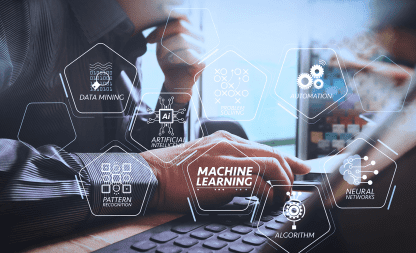Our Service Offerings

1. Operating effectiveness
Optimize processes in order to minimize capex and opex expenses, while also giving you the ability to adapt to shifting business needs and priorities. This will increase your responsiveness, agility, and value delivery speed.

2. Expand to new sectors
Reach beyond your existing domains, invigorate your offerings, and develop the assurance that you can quickly adapt to changing customer demands and objectives. Expand your horizons, reinvent your offerings, and evolve with the assurance that you can scale to meet shifting customer requirements and priorities.

3. Viable business
Unlock the potential of your existing talent pool. Visualize and cultivate the skills needed to prepare your workforce for the future. Build a sustainable workforce that can adapt and grow with the changing landscape. Create an agile organization that is ready for whatever comes next.



